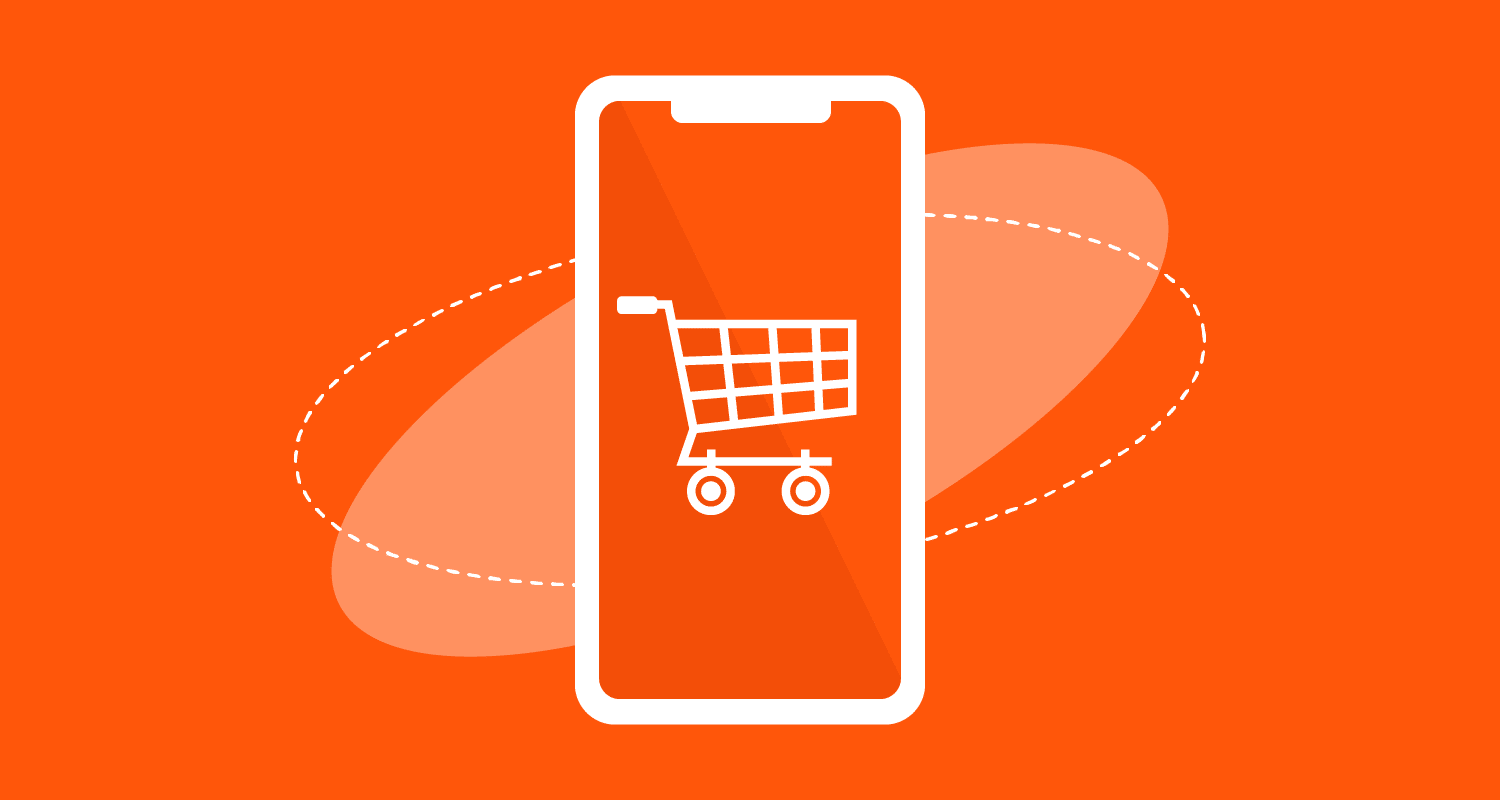
Embracing the Future: The Power of Mobile Commerce
In the dynamic landscape of digital transactions, mobile commerce has emerged as a game-changer, reshaping the way we shop and conduct financial transactions. This article delves into the realm of mobile commerce, exploring its impact, features, and how it has revolutionized the concept of shopping on the go.
Defining Mobile Commerce
Mobile commerce, often abbreviated as m-commerce, refers to the use of mobile devices such as smartphones and tablets for conducting various commercial activities. This extends beyond simple online shopping to include a wide range of transactions, including mobile banking, digital payments, and even mobile ticketing for events or transportation.
The Rise of Shopping on the Go
The ubiquity of smartphones has fueled the rise of mobile commerce, enabling users to carry out transactions from virtually anywhere. Whether it’s making purchases while waiting for a train, transferring funds during a lunch break, or booking tickets while on the move, mobile commerce empowers users to engage in commercial activities seamlessly.
Mobile Apps and Shopping Platforms
Central to the success of mobile commerce are dedicated mobile apps and optimized shopping platforms. Retailers and service providers create user-friendly apps that allow for intuitive navigation, secure transactions, and personalized shopping experiences. These apps not only make shopping on the go convenient but also enhance user engagement and loyalty.
Contactless Payments and Digital Wallets
The integration of contactless payments and digital wallets has been a pivotal aspect of mobile commerce. Users can make transactions by simply tapping their smartphones or using biometric authentication, eliminating the need for physical cards or cash. This not only streamlines the payment process but also enhances security and hygiene in transactions.
Augmented Reality for Virtual Shopping
The incorporation of augmented reality (AR) in mobile commerce has added a new dimension to the shopping experience. Users can virtually try on products, visualize furniture in their homes before purchase, or see how clothing items look on them through their device’s camera. AR enhances the confidence of users in their purchase decisions.
Geolocation and Targeted Marketing
Mobile commerce leverages geolocation technology to offer users location-specific deals and promotions. Retailers can send targeted marketing messages to users when they are in proximity to a physical store, encouraging spontaneous visits or offering special discounts. This personalized approach enhances the overall shopping experience.
Security Measures and Trust in Transactions
Ensuring the security of mobile commerce transactions is paramount. Robust security measures, including encryption, biometric authentication, and secure payment gateways, instill trust among users. The commitment to protecting user data is crucial for the widespread adoption of mobile commerce on a global scale.
Real-time Updates and Transaction History
Mobile commerce platforms provide users with real-time updates on their transactions and detailed transaction history. Users can monitor their spending, track deliveries, and review past transactions seamlessly. This transparency fosters a sense of control and awareness, contributing to a positive user experience.
Mobile Commerce at The Juon
At The Juon, we recognize the transformative impact of mobile commerce on the way we shop and engage in financial transactions. Our platform is designed to offer users a secure and seamless mobile commerce experience, from digital payments to mobile shopping. Join us in embracing the future of commerce at The Juon.
Explore the future of commerce with Mobile Commerce at The Juon for a secure and seamless experience on the go.
